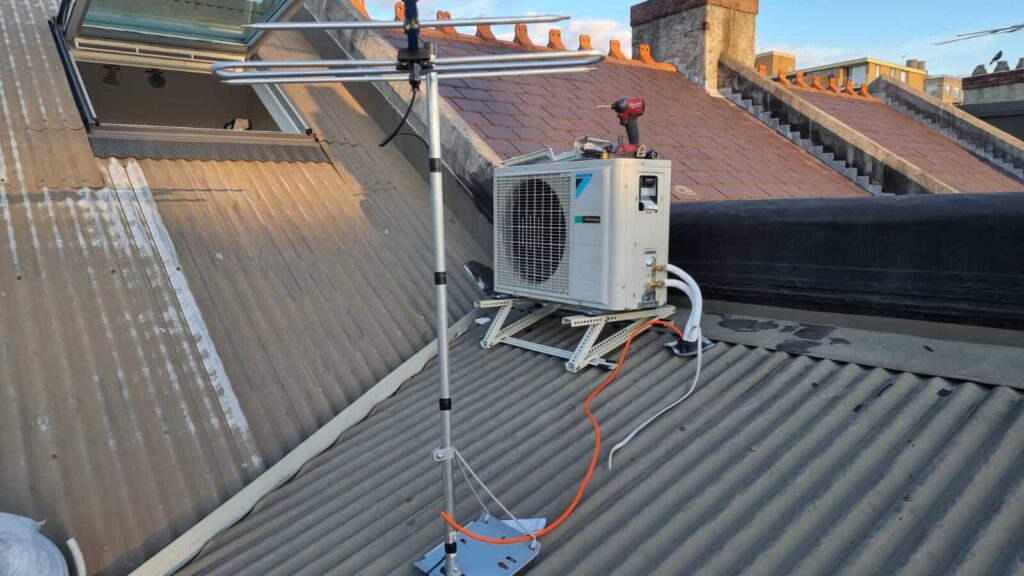Why Hills Air Conditioning Systems Fail and How to Prevent It
Why Hills Air Conditioning Systems Fail and How to Prevent It Air conditioning systems are essential for maintaining comfort in our homes, particularly in regions like the Hills District, where temperatures can soar during summer. However, many homeowners face the unfortunate reality of their air conditioning systems failing unexpectedly. Understanding the reasons behind these failures […]
Why Hills Air Conditioning Systems Fail and How to Prevent It Read More »

